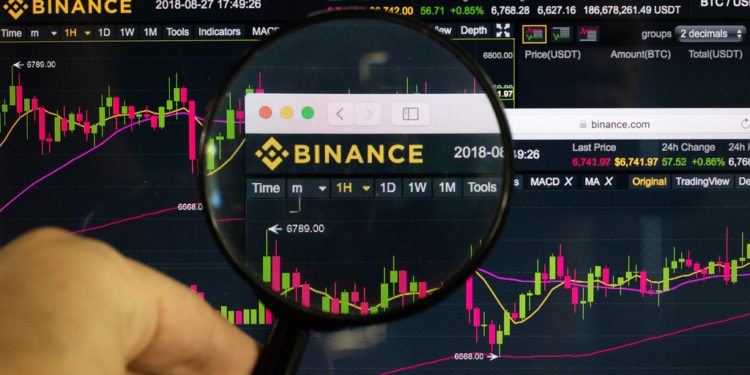If you are following our Binance news, you probably know that last week the leading exchange and its Singapore arm threw crypto Twitter in a frenzy with reports that it had allegedly suspended one user account. As some analysts warned, Binance blocking accounts could spell chaos and lead the market to a new crack-up.
The user, @bittlecat, had tried sending their Bitcoin (BTC) to the hash-scrambling Wasabi wallet in an apparent violation of Binance Singapore’s anti-money laundering (AML) policies. As we saw, Binance blocking the Wasabi wallet meant that it refused to transact “directly or indirectly” with a variety of often illicit-tied crypto services, “especially darknet/mixer sites,” as the tweets by @bittlecat showed.
The suspension was temporary. However, if the Binance blocking scenario of Wasabi wallets continues, we could see a breakdown and it may spread to other exchanges. Developers and observers say that it could cut the crypto ecosystem in two.
“I think the exchanges are slowly coming to a crossroads,” said Gergely Hajdu, a developer with Wasabi wallet.
The crypto news also show that users of privacy-enhanced wallets find it hard to move coins to and from regulated exchanges. In that manner, Binance blocking wallets could be bad, as they say.
“Some exchanges may be completely foreclosed,” Hajdu continued. “It will be so bad that I can’t express.”
The battle now is set in two sides. On one side stands the crypto providers embracing oversight from regulators like the Financial Action Task Force (FATF) and on the other, we can see privacy-conscious users who sometimes turn to shadowy coin mixing services to shield what they hold.
According to the head of US operations at the blockchain company CoolBitX Tom Maxon, Binance blocking Wasabi wallets shows that “the big picture is more regulation is coming.” He also pointed out that the move “will make things look normal in a couple of years.”
Meanwhile, Binance’s global public relations head Leah Li recently sent an email statement where she noted that its Singapore exchange was only following regulators’ lead.
“Binance SG operates under the requirements as set forth by MAS and our MAS regulated partner, Xfers. Hence there are AML CFT controls set in place for the Binance SG and the user triggered one of its risk control mechanisms,” Li said.
DC Forecasts is a leader in many crypto news categories, striving for the highest journalistic standards and abiding by a strict set of editorial policies. If you are interested to offer your expertise or contribute to our news website, feel free to contact us at [email protected]






















Discussion about this post